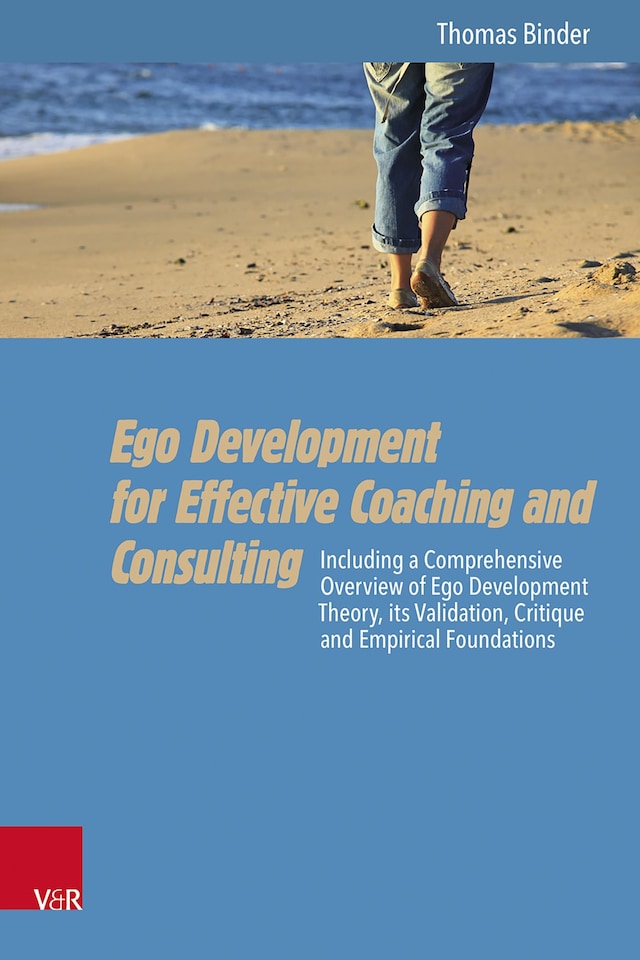
Ego Development for Effective Coaching and Consulting
Including a Comprehensive Overview of Ego Development Theory, its Validation, Critique and Empirical Foundations

